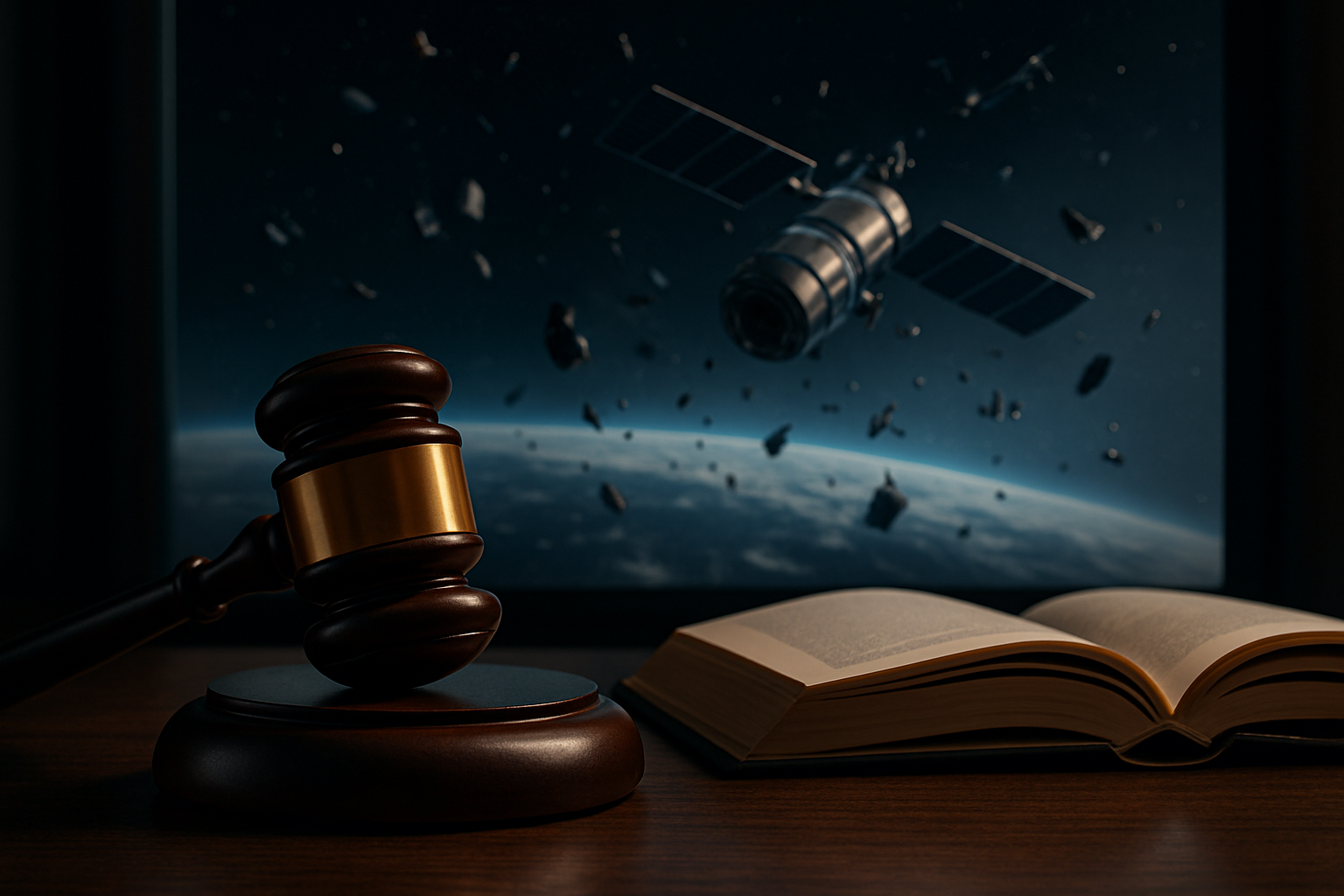Legal Challenges in Space Tourism: A New Frontier
Introduction: As commercial space travel becomes a reality, the legal landscape surrounding space tourism is rapidly evolving. This article explores the complex legal issues arising from private space exploration, including liability, jurisdiction, and environmental concerns.

Liability in the Final Frontier
One of the most pressing legal issues in space tourism is liability. Who is responsible if something goes wrong during a commercial spaceflight? The 1972 Convention on International Liability for Damage Caused by Space Objects places responsibility on the launching state for any damage caused by its space objects. However, this convention was created with government space programs in mind, not private companies. As space tourism becomes more common, there is a growing need for clear liability rules that address the responsibilities of private spaceflight operators, passengers, and governments.
Jurisdictional Quandaries
Another significant legal challenge is determining jurisdiction in space. Traditional notions of territorial jurisdiction break down when dealing with activities that occur beyond Earth’s atmosphere. The 1967 Outer Space Treaty establishes that no nation can claim sovereignty over outer space, but it does not provide clear guidance on how to resolve legal disputes arising from commercial space activities. This jurisdictional ambiguity raises questions about which laws apply to space tourists and how disputes between parties from different countries should be resolved.
Environmental Concerns and Space Debris
As space tourism increases, so do concerns about its environmental impact. The growing amount of space debris orbiting Earth poses risks to both spacecraft and terrestrial environments. Currently, there are no binding international agreements specifically addressing space debris mitigation for commercial space activities. Legal experts are calling for the development of new regulations to ensure that space tourism operators take responsibility for minimizing their environmental impact and contribute to space debris cleanup efforts.
Passenger Rights and Safety Regulations
The nascent space tourism industry lacks standardized safety regulations and passenger rights comparable to those in commercial aviation. While agencies like the Federal Aviation Administration (FAA) in the United States have begun to develop guidelines for commercial space travel, there is still a significant regulatory gap. Legal frameworks need to be established to ensure proper safety standards, informed consent procedures, and clear passenger rights for space tourists. This includes addressing issues such as medical requirements, training protocols, and cancellation policies.
International Cooperation and Treaty Revisions
As space tourism becomes a global industry, international cooperation will be crucial in developing a comprehensive legal framework. Existing space treaties, such as the Outer Space Treaty and the Moon Agreement, may need to be revised or supplemented to address the realities of commercial space travel. This process will require careful negotiation and consensus-building among spacefaring nations to balance national interests with the need for a cohesive international legal regime for space activities.
In conclusion, the emergence of space tourism presents exciting opportunities but also significant legal challenges. As this industry continues to develop, it will be essential for lawmakers, legal experts, and industry stakeholders to work together in crafting a robust legal framework. This framework must address liability issues, clarify jurisdictional questions, protect the space environment, ensure passenger safety, and promote international cooperation. By proactively addressing these legal challenges, we can help ensure that the final frontier remains open for exploration while protecting the rights and safety of all involved.




